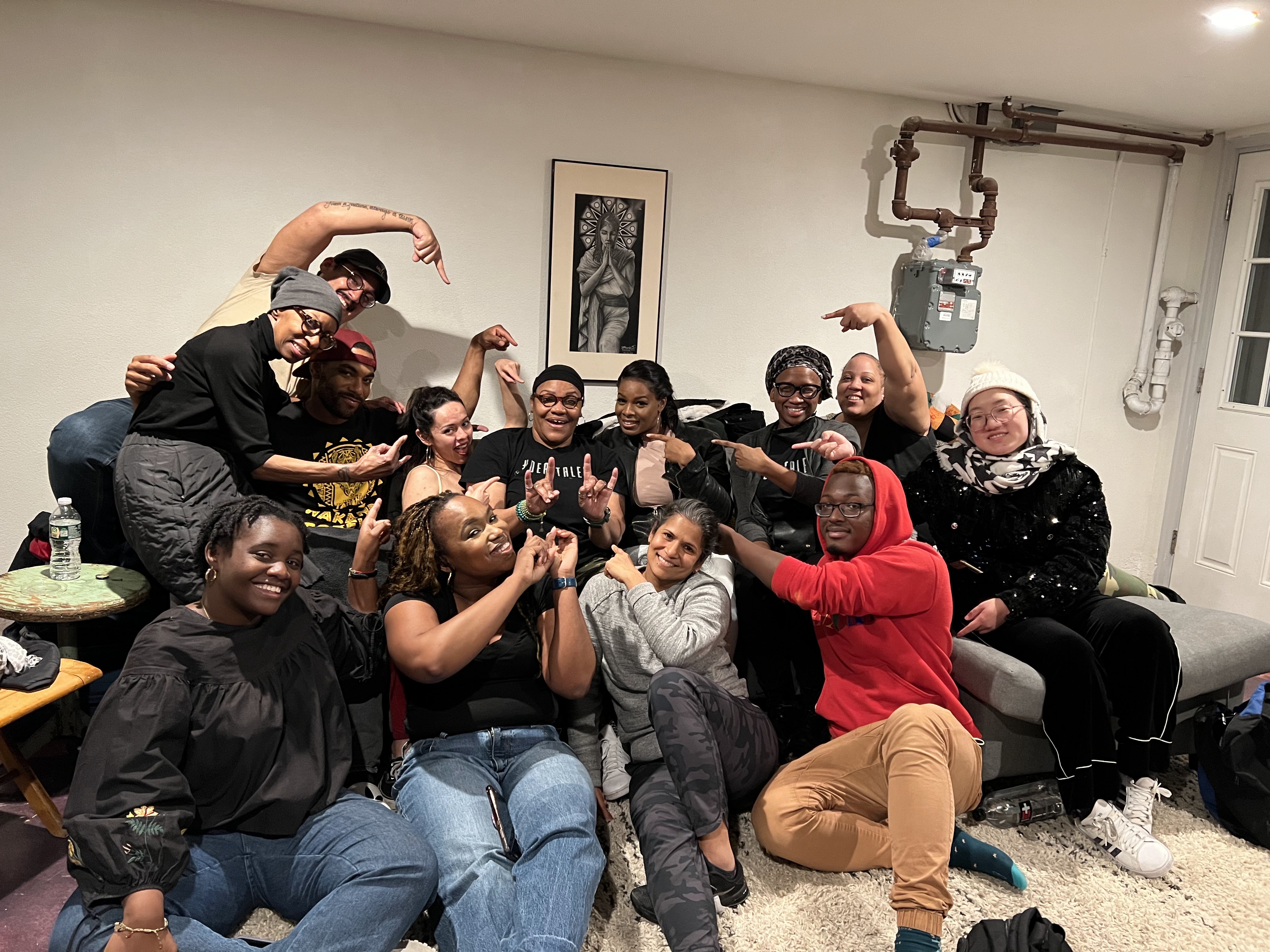The implementation of Special Deaf Actor Syndrome (SDAS) has been harmfulto the Hollywood industry and the Deaf community.
Special Deaf Actor Syndrome (SDAS) has long plagued Hollywood for decades, impacting the film and television industry's ability to provide accurate representation for the Deaf community. When you cast the only deaf actor on the screen, this does not constitute representation. This is not our reality. This method of casting and practice is harmful and outrageously outdated. But y’all not ready to have these conversations.
A socially conscious *Representation* involves having more Deaf actors, particularly BIPOC actors and their lived experiences, as seen in WHAT SOMALIA WANTS, an episodic series produced by Deaf Talent®️Media & Entertainment Consulting production company, which underscores the importance of inclusion and diverse representation in the film and television industry.
We observe that some Deaf actors exhibiting SDAS behavior tend to act as if they are the only ones present in the room, disregarding the existence of others around them or other thriving deaf talents.
Special Deaf Actor Syndrome (SDAS) is a term coined by Jade Bryan, a pioneering Black deaf filmmaker who has been a driving force in the film industry for over thirty years. With a vision to provide opportunities for deaf actors, Jade Bryan has written and directed numerous films, ensuring that more deaf actors are cast in meaningful roles, thereby breaking the harmful stereotype.






Comments
Post a Comment